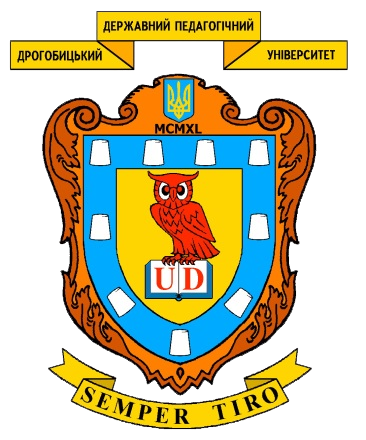PSYCHOLOGICAL PECULIARITIES OF THE ATTITUDE TO INTERNATIONAL ACADEMIC MOBILITY OF STUDENTS WITH DIFFERENT SOCIO-CULTURAL ADAPTATION
DOI:
https://doi.org/10.32782/2312-8437.50.2022-5Keywords:
attitude, sociocultural adaptation, academic mobility, attitude to international academic mobility, student’s personalityAbstract
The article presents the results of an empirical study that enlighten the psychological peculiarities of the attitude to international academic mobility of students with different socio-cultural adaptation. Academic mobility of students is seen as a complex process of their personal and professional development. The attitude to international academic mobility is understood in the aggregate of the following components: cognitive (knowledge of the essence, structure, factors and main tendencies of international academic mobility; understanding of its role both in the context of a united European educational space and professional development of future specialists), emotional (feelings and emotions, connected with leaving the country for the purpose of studying at another educational institution for a certain period of time), motivational (the formation of motivation to plan and participate in the international academic mobility programs) and behavioral (accordance of students’ actions and deeds with the requirements of international academic mobility programs). It has been established that in the attitude to the international academic mobility of students with different socio-cultural adaptation there are similar and distinctive features, that are manifested in the cognitive, emotional, motivational and behavioral components. It has been proved that students with interactive, adaptive and conformal types of socio-cultural adaptation have a higher level of attitude components development than students with nostalgic, depressive and estranged types of this adaptation. Moreover, students with the interactive type of socio-cultural adaptation have the highest rates in the attitude to international academic mobility, and students with the estranged type have the lowest.
References
Біль М.М. Мобільність населення: теоретична сутність і видова різноманітність. Економіка і суспільство. 2016. № 7. С. 645–652.
Гончарова Н.О. Кар’єрне проектування як фактор професійної підготовки майбутніх учителів. Психологія і особистість. 2015. № 2(1). С. 258–271.
Свириденко Д.Б. Академічна мобільність: відповідь на виклики глобалізації : монографія. Київ : НПУ імені М.П. Драгоманова, 2014. 279 с.
Харченко А.С. Психологічні особливості особистості майбутнього вчителя. Науковий вісник Херсонського державного університету. Серія «Психологічні науки». 2014. Вип. 1. Т. 1. С. 263–269.
Харченко А.С. Психологічний аналіз професійної спрямованості студентів-педагогів. Наука і освіта. 2015. № 1. С. 177–183.
Юдіна Н.О. Дослідження полімотивації студентів у контексті теорії багатовимірної особистості. Психологія і особистість. 2017. № 2(12). С. 194–203.








